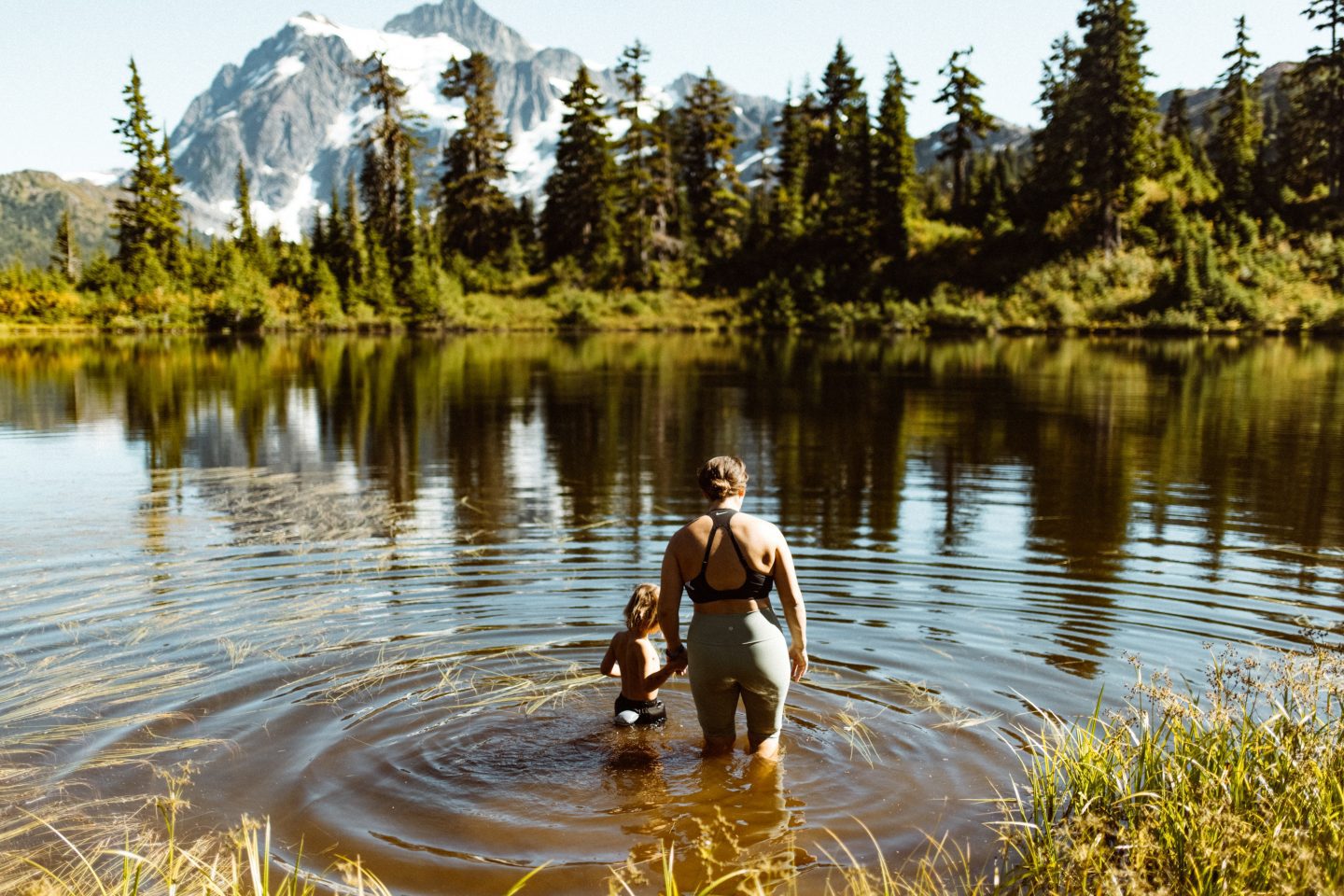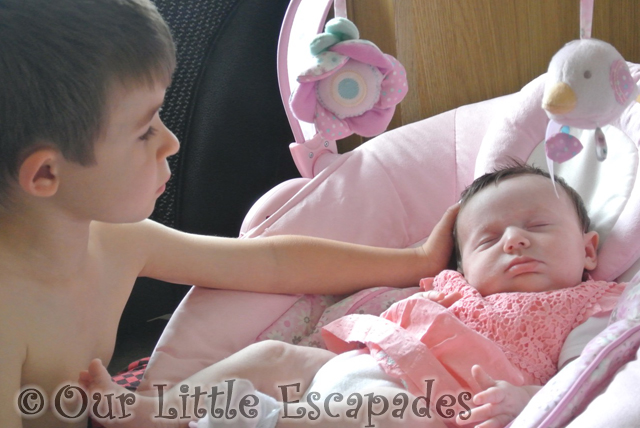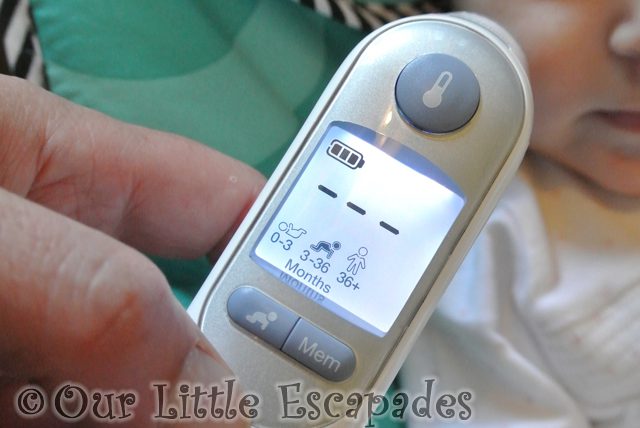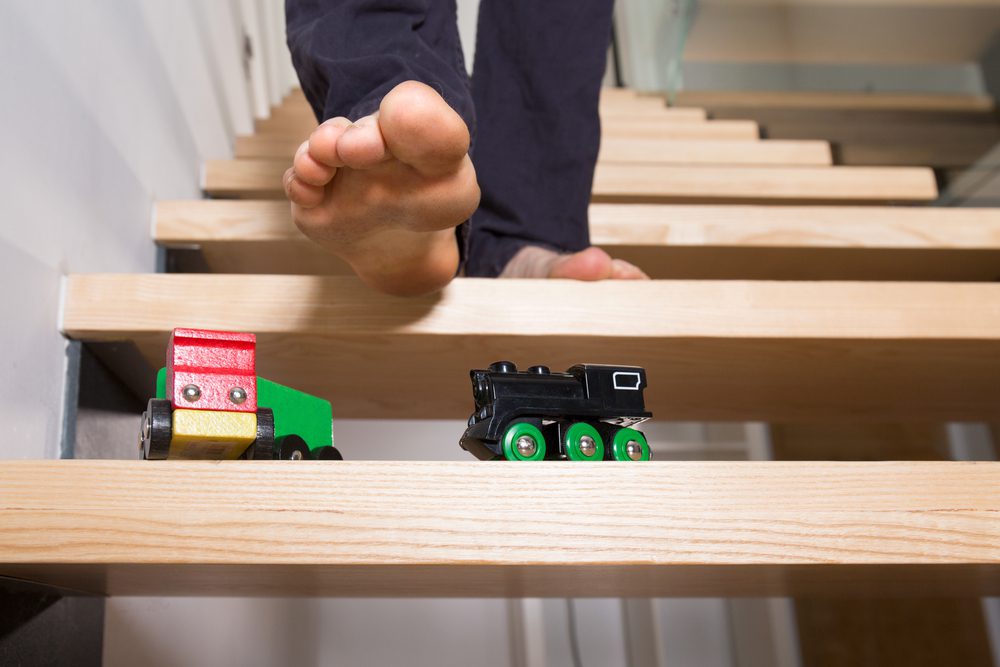Vacations are a great way to spend time with your loved ones and also to explore new places. However, travelling with children can sometimes be stressful. There is no doubt about it that travelling with kids can be a daunting task for parents. There are many advantages of taking children on vacation. While it can be tiring from time to time to be a parent while on vacation, there are many ways in which you can make it easier for yourself and your child.
Even when it comes to age, there is no guarantee that parenting just instantly becomes easier. For instance, you may have your baby rolling over in a crib while you’re staying in hotels compared to at home. But even when taking an older child, like a tween, it doesn’t instantly guarantee smooth sailing during travelling either. While it’s all difficult to navigate, here is the ultimate guide to preparing for extending travel with your little one!

What Are The Advantages of Traveling With Younger Kids?
One of the main advantages is that it offers an opportunity to spend quality time with your children and bond over new experiences. Another advantage is that it provides a chance to teach your child about different cultures and customs. And finally, it provides them with an opportunity to learn how to be independent in foreign environments while you’re nearby to help them out when they need you.
Plus, children who travel abroad with their parents often have better language skills than those who don’t, which can lead to more opportunities in life. So, if you’re planning on doing some extended travelling far from home, this can be a huge perk. Kids who travel with their parents are more likely to be adventurous and open-minded when they grow up, which will help them in their future careers and relationships. It’s a small but very fun way to give them a bigger perspective of the world!
Extended travelling can be complicated though. It’s important to be across all the legalities of the country’s visas and stay limits. That’s why it’s a good idea to consult professional immigration agents, such as those at Immagine Immigration Australia.
Planning Extended Travel With A Child In Mind – How Long Should The Stay Be?
Extended trips with kids can be a lot of fun and a great way to spend quality time together. But how long do you need to stay away from home before the trip becomes too much for your child? At what point will they start to feel homesick? It is not always easy to decide how long the stay should be. The best answer is it depends on the child and his or her age, as well as the distance from home.
If a child is very young, it may be best for them to stay for about a week at a time. For older children, staying away for more than two weeks might not be ideal because they will have less time to get used to their new environment before coming back home and having to adjust again. The same could even be said for a baby, such as an infant, it’s important for their development to have a routine and be in the same environment.
How to Navigate Different Cultures and Customs?
Are you and your family going abroad for extended travel? It’s easy to say that culture shock can hit adults, but what about children? The best way to prepare your child for a trip abroad is to teach them about the customs of the country they are going to visit. Teach them about the food, language, and culture. Teach them how to ask for help when they need it. Teach them how to be polite and respectful of their surroundings.
Teaching your child these things will not only help you avoid any cultural faux pas, but it will also make your child feel more comfortable in a new environment. For example, in France (especially Paris), the locals are very formal and will not start a conversation with someone they don’t know. So it is important that your child knows how to respect this custom. In addition, when you are travelling abroad, it’s important to be mindful of cultural sensitivities. What may be normal in your home country won’t be the same in a different country.
Get Necessary Documents in Order in Advance
There are many documents that you will need to bring with you when travelling with your kids. You will need the child’s passport, your own passport, and a birth certificate or other document proving the child’s relationship with you. A lot of countries will require a letter if it’s only one parent travelling with their kids. You should also make sure that all of the documents are valid and up-to-date. If any of them expire before your travel date, you will need to renew them before going on your trip. Just make sure you have everything, or else your extended travel plans may be cut way too short.
What Kind of Travel Gear is Necessary?
When it comes to children, especially small children like babies, toddlers, and those under eight years of age, you’ll need to know that travel gear may be needed. Travelling with children can be a challenge. It is important to plan ahead and prepare for the trip so that you don’t have to worry about packing or forgetting anything.
- Packing cubes: These are useful because they allow you to organize your clothes and pack more efficiently. They also prevent wrinkles in your clothes so that they don’t come out of the suitcase looking wrinkled.
- Stroller: A stroller is one of the most important items to bring when travelling with a toddler. A stroller will allow you to easily get around town or any other location that you may be visiting while on vacation with your little one in tow. You will want to make sure that you pack plenty of extra clothes and diapers as well as wipes, baby lotion, and other necessary items before leaving home.
- Snacks: Bring snacks like granola bars, applesauce pouches, or individual mini yoghurts to keep everyone happy during the flight, car ride, or however you’re travelling.
- A change of clothes: It is always good to have a change of clothes in case there is an accident or spillage during the journey.
In addition to these essentials, there are other items that can make your trip smoother such as a travel pillow, ear plugs, and noise-cancelling headphones so they can sleep better on the plane or train. You may even want to go the extra mile and pack a first-aid kit and items for medical emergencies like pain medication or allergy medication. You should also bring along a child-sized flashlight, anti-bacterial wipes, and an extra change of clothes in case of spills or accidents. Essentially, with small children, it’s impossible to pack lightly.
How Can You Keep Your Children Happy During Travels?
It is not always easy to travel with children, especially when they are babies or toddlers. It can be hard to keep them happy and occupied during the trip. But there are ways to make travelling with children a little easier. Here is what you need to know that will help you keep your child happy during travel:
- Bring their favourite toys: Traveling can be a long and boring process for kids, so bring something that they like or have grown attached to so they can play with it on the go.
- Bring their favourite food: Bringing your child’s favourite food or snacks is an excellent way of making sure that he or she stays happy and content during the trip. This, however, can be difficult if you’re going somewhere like another country where the food isn’t available. For instance, a lot of European snacks are not available in North America, and vice versa.
- Keep them entertained: Children get bored easily, so it’s important to find ways of keeping them entertained while travelling. You could try bringing some colouring books, toys, books, and games for them to play with on the go.
Do’s and Don’ts of Traveling With Kids
- Pack light – When you pack for a family trip, try to pack as lightly as possible. This will make it easier to get around and not have to worry about lugging around heavy suitcases all day.
- Keep things simple – Kids are easily bored and they don’t understand the concept of waiting in line or sitting through an entire meal without getting up and running around. Try to keep things simple by eating at restaurants with short menus, visiting tourist spots that don’t require long lines, or doing activities that don’t require a lot of patience (like indoor play areas).
- Give them some space – Children need their own space too! Make sure they have their own room where they can hang out with their toys and be kids without bothering the adults too much. If you’re travelling with more than one child, try separating them into different rooms, so they each have some alone time when they need it! However, it’s understandable if this isn’t always possible.
- Plan ahead – You should plan ahead for anything that could potentially go wrong!
DISCLOSURE – This is a collaborative post.




